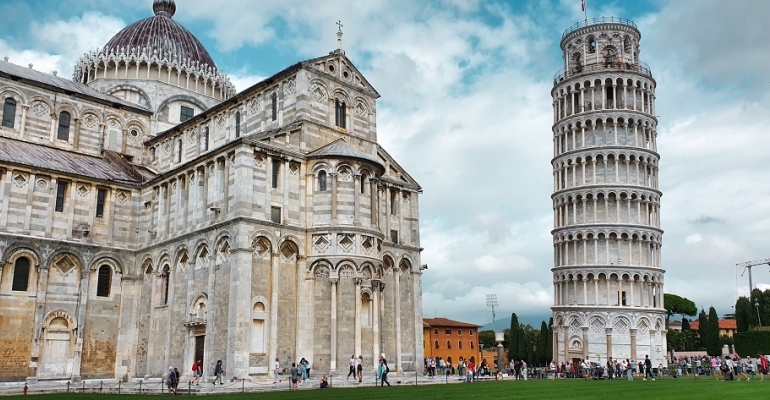
Spotting Our Cultural Bias
There were some present at that very time who told [Jesus] about the Galileans whose blood Pilate had mingled with their sacrifices. And he answered them, “Do you think that these Galileans were worse sinners than all the other Galileans, because they suffered in this way? No, I tell you; but unless you repent, you will all likewise perish. Or those eighteen on whom the tower in Siloam fell and killed them: do you think that they were worse offenders than all the others who lived in Jerusalem? No, I tell you; but unless you repent, you will all likewise perish.” - Luke 13:1-5 ESV
Today when there is a disaster - like a building collapsing and killing 18 people - or an atrocity - like the authorities bursting into a church and killing the worshippers - we think of those who died as innocent victims. The guilty parties are the authorities, or the builders, or the council who allowed the builders to cut corners, or the landlords for failing to fix the problems. It simply never occurs to us to assume that the dead are to blame, that their sinfulness might have brought the tragedy upon them. In fact, most of the time they are instantly sanctified - mourned for their beauty, kindness, innocence and potential.
Jesus’ followers, though, thought the victims must somehow be receiving divine retribution for their sins. They thought victims of a tragedy were more wicked than the rest of us, not more pure and innocent as we often seem to think.
Jesus says we’re both wrong. Falling victim to disaster neither condemns nor sanctifies you. Repentance is the only way to get right with God - and Christians are just as subject to disaster and atrocity as anyone else.
It’s good to be reminded once in a while, though, that the way we think - the basic, gut level assumptions we have about life and death - aren’t the only or the normal or necessarily the right way to think about them. People in different times and places have thought very differently - and assumed that their ways of thinking were the normal, natural, correct ways.
The photo at the top of this post is of the famous Tower of Pisa. You may not have recognised it, because the vantage point it was taken from makes it look more or less straight.
Move a little further round the cathedral, however, and the picture changes significantly:

We always see things from the vantage point we’re standing at. It’s one of the normal limitations of being human. Yet when we recognise that fact, we can choose to look around, to see things through other people’s eyes, to listen to their perspectives, and to seek to discern the truth. Studying God’s word with humility and openness is the only way we can tap into the truth that is beyond time, place and cultural baggage, and begin to be shaped by it.